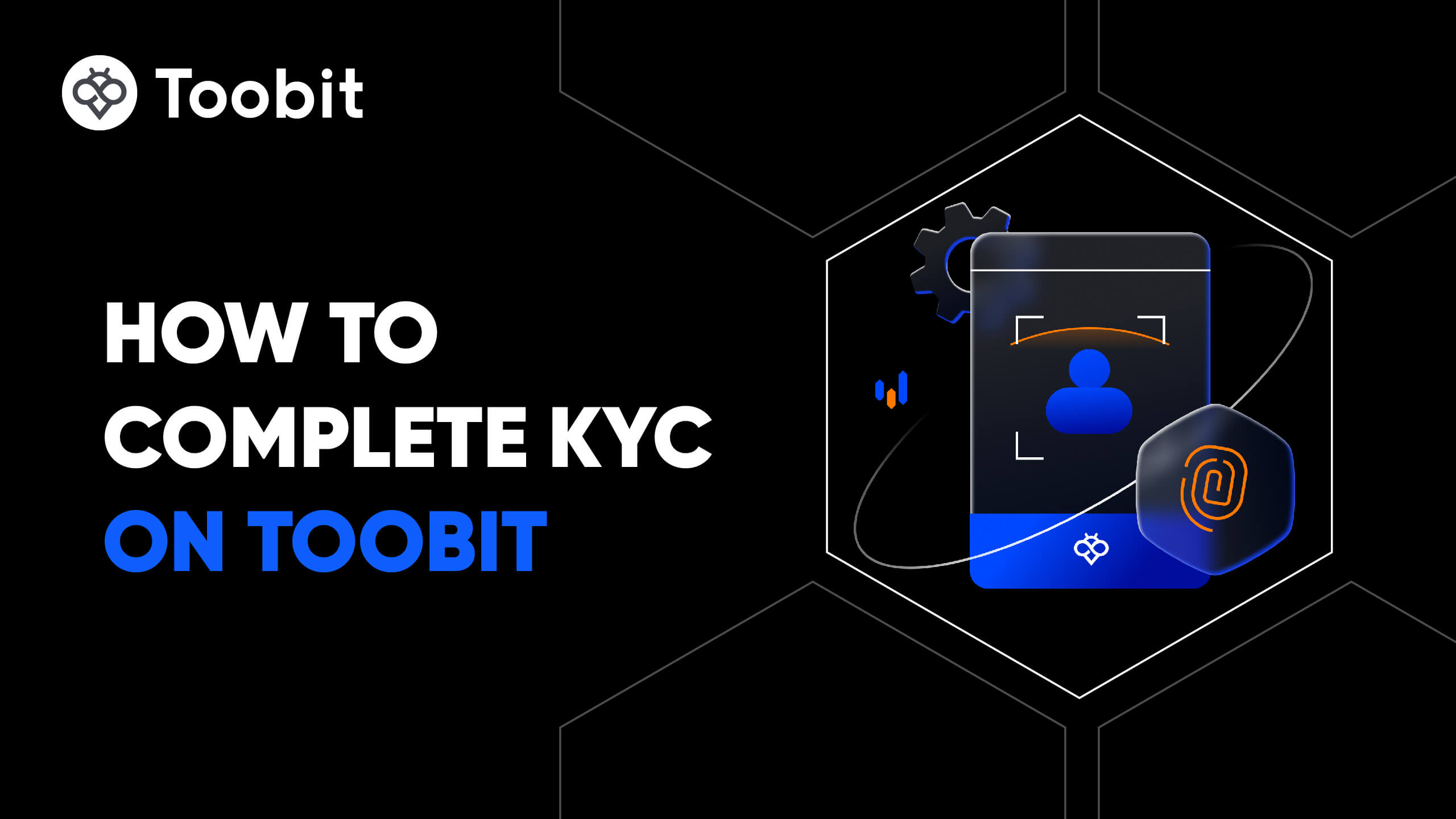ssv.network price
SSVssv.network market info
Live ssv.network price today in USD
How much is 1 SSV worth in ?
About ssv.network(SSV)
ssv.network price history
Why does the price of ssv.network always fluctuate?
What factors affect the performance of ssv.network prices?
Global ssv.network prices
How to buy ssv.network
Create your free Toobit account
Sign up on Toobit with your email address/mobile phone number and country of residence, and create a strong password to secure your account.
Verify your identity
Complete identity verification by submitting your personal details and a valid photo ID.
Add a payment method and buy ssv.network (SSV)
Add a credit/debit card or bank account after verifying your Toobit account. Use multiple payment options to buy ssv.network on Toobit.
Trade SSV perpetual futures
After signing up on Toobit and buying USDT or SSV tokens, you can start trading derivatives, including SSV futures and margin trading to increase your income.
Join SSV copy trading with lead traders
After signing up on Toobit and successfully buying USDT or SSV tokens, you can also start copy trading by following Lead Traders.
Where can I buy ssv.network?
Buy crypto on the Toobit app
Sign up within minutes to purchase crypto via credit card or bank transfer.
Trade on Toobit
Deposit your cryptocurrencies to Toobit and enjoy high liquidity and low trading fees.
Video section — quick verification, quick trading

How to complete identification on Toobit and protect yourself from fraud
- 1.Log in to your Toobit account.
- 2.If you're new to Toobit, watch our tutorial on how to create an account.
- 3.Click on the profile icon in the upper right corner of the navigation bar, then tap on Identification page.
FAQ About SSV.Network (SSV)
How does Secret Shared Validator (SSV) technology work?
Secret Shared Validator (SSV) technology, also known as Distributed Validator Technology (DVT), uses a cryptographic technique called Shamir's Secret Sharing. This technique splits an Ethereum validator's private key into multiple non-trusting key shares. These shares are then distributed to a decentralized cluster of Node Operators who collaboratively run the validator client. To perform a duty, such as attesting to or proposing a block, a minimum threshold of these operators must agree and work together. This mechanism ensures the validator remains highly active (liveness) and secure, even if individual operators go offline or attempt to act maliciously, eliminating the single point of failure inherent in traditional staking.What Does SSV Stand For?
SSV is an acronym for Secret Shared Validators. This technology is a first-ever secure method of splitting an Ethereum validator between multiple nodes that are not trusted and their operators.What is the $SSV token used for?
The $SSV token is the core utility and governance token of the network, which fully transitioned to decentralized mainnet operations in 2024. Its two primary functions are:- Network Fees (Utility): Stakers (validator owners) use $SSV token to pay recurrent fees to the decentralized Node Operators for managing their key shares and ensuring high uptime. This fee payment loop is the fundamental value accrual mechanism for the network.- Governance: $SSV token holders govern the protocol through the SSV DAO. They vote on critical proposals, including protocol upgrades, fundamental parameter changes (e.g., operator fee structures, liquidation collateral), and the strategic allocation of the DAO treasury funds, fully controlling the future development of the SSV network.Is SSV a good Investment?
This is not financial advice. As a speculative digital asset, investing in $SSV token requires careful consideration of its foundational role in Ethereum staking infrastructure. Its value is fundamentally tied to the adoption of Distributed Validator Technology (DVT) by major staking pools and institutional entities (like Kraken, which fully integrated DVT in 2025). While the technology offers a strong solution to centralization risks in Ethereum, the investment faces risks from market volatility, competition from other DVT protocols, and operational risks highlighted by recent, though isolated, operator-related slashing events. Investors must conduct their own thorough research (DYOR) based on their personal financial goals and risk tolerance.What is the utility of the native $SSV token?
The native $SSV token is explicitly designed to be the economic engine of the ssv.network. Its utility is centered on enabling a self-sustaining, permissionless marketplace:- Payment for decentralized staking: It is the required medium for stakers to compensate the decentralized Node Operators who secure their validators. This fee payment is continuous, ensuring operators are incentivized to maintain high performance.- Decentralized governance: It grants voting power for participating in the DAO, allowing holders to directly influence the protocol's evolution, including key financial and technical decisions that affect network stability and growth.What is the relationship between ssv.network and the Ethereum consensus layer?
The ssv.network functions as a trustless, decentralized middleware layer that sits between the staker's deposit key and the Ethereum Beacon Chain. It is non-custodial and strictly adheres to Ethereum's consensus rules. By distributing the operation of a single validator key across multiple machines using DVT, the network greatly enhances the resilience, liveness, and decentralization of the underlying Ethereum base layer, contributing significantly to the overall health of Ethereum staking infrastructure.What are the main risks of using the SSV Network?
While the ssv.network significantly mitigates the risk of downtime (liveness risk), the primary risks are related to the novel nature of the technology and the human element in operation:- Operator risk: Though the protocol is designed to be fault-tolerant, if a majority of the operators within a specific cluster were to collude or be simultaneously compromised, it could theoretically lead to the validator being slashed (penalized). This is mitigated by the protocol's cryptographic security and the public reputation system for Node Operators.- Smart Contract risk: As with all decentralized finance (DeFi) protocols, there is an inherent risk of undiscovered vulnerabilities or bugs in the smart contracts that govern the staking deposits, fee payments, and liquidation mechanisms. This requires continuous auditing and upgrades, which are managed by the SSV DAO (governed by the SSV token).- Protocol risk: The Distributed Validator Technology (DVT) is still considered relatively new infrastructure. Although fully operational on the Ethereum mainnet since 2024, the technology is undergoing continuous development and community-led scrutiny to ensure long-term stability and security under all possible market and network conditions.What problem does it solve?
The ssv.network is a decentralized staking infrastructure protocol that directly addresses the major risk of single points of failure in Ethereum staking. It solves this by using Secret Shared Validator (SSV) technology, also known as Distributed Validator Technology (DVT). This technology splits a validator's private key and distributes the parts to a network of independent, non-trusting operators. This architectural shift significantly enhances both security and fault-tolerance for staking, allowing for distributed, resilient control over a single validator and paving the way for a more robust and decentralized Ethereum staking ecosystem.



